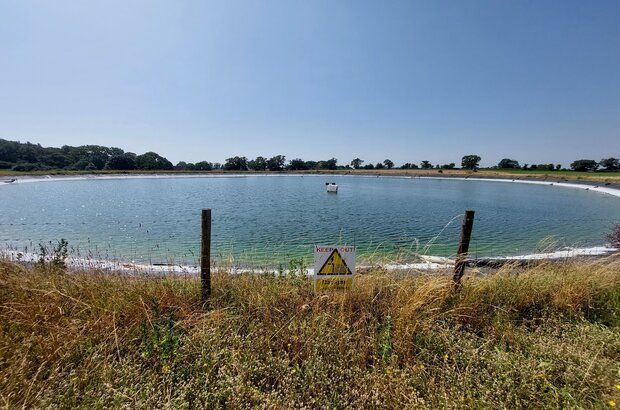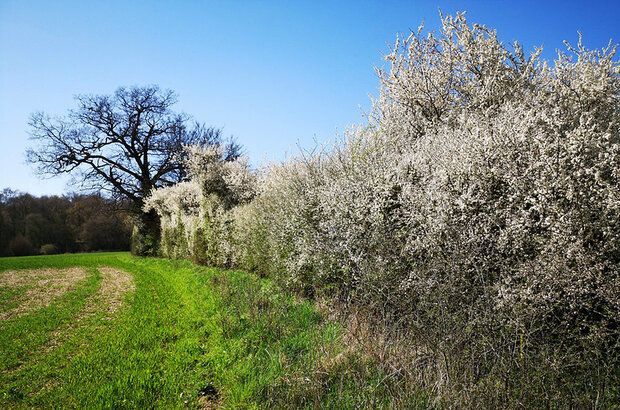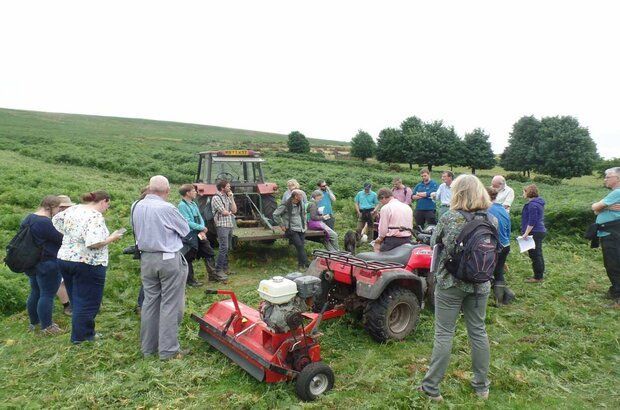Animal Health and Welfare grants now available

Credit: Christopher Dart
You can now apply for an Animal Health and Welfare grant through the Farming Equipment and Technology Fund (FETF) 2024.
Last month, I blogged about the FETF and improvements we've made to it. I also included a link to the official FETF 2024 guidance, which explains that there are 3 types of grants on offer to help you buy equipment or technology to:
- improve productivity
- manage slurry
- improve animal health and welfare.
You can apply for a grant from each of the 3 themes. We recently updated the guidance. GOV.UK will always be the place to find the very latest guidance for all our schemes.
In this post, I’ll give a quick recap of the Animal Health and Welfare grant and let you know how to apply.
Overview
Part of the Animal Health and Welfare Pathway , which offers a range of support to farmers, this particular FETF grant goes towards the cost of items on a list that help to improve animal health and welfare. We developed this list with farmers, vets and other experts.
There are over 130 items on the list and 29 are new additions. You'll see a range of items: from mobile cattle handling systems to enclosed piglet creeps to poultry perches. So, if you’re a cattle, sheep, pig or poultry farmer, it’s worth looking at the items. If you’re a contractor to these sectors, you can apply too.
You can apply for a minimum of £1,000 and a maximum of £25,000. We'll pay a percentage of the cost depending on the item. The percentages are in the guidance.
For many items, this percentage is an increase on last year. This funding will go towards either:
- the average cost of the item – if an item costs you the same or more than the expected average cost in the item list
- the actual cost you pay for the item – if an item costs you less than the expected average cost in the item list.
T he deadline to apply is midday 1 May 2024.
Improving your application score
The fund is competitive. If you decide to apply, you can increase your application score by providing evidence that you’ve discussed your application with a vet.
You can get vet advice by telephone, email, or as part of a vet visit. You may be eligible to apply for a fully-funded vet visit as part of the Sustainable Farming Incentive (SFI) annual health and welfare review .
You must receive advice on your application after 1 January 2024 and before 1 January 2025 for it to be eligible for the increase.
You’ll need to provide your vet’s details, the date of the discussion and permission for us to contact your vet when you apply.
Steps to apply
- Read the FETF 2024 guidance.
- Check the specification of the items you want to apply for in the 2024 items and specifications lists. We are trying out a new format for specifications this year, which is different from previous lists.
- Check the availability of the items you want to apply for with your supplier.
- Do not order or buy anything at this stage, unless you are paying with a refundable deposit. The Rural Payments Agency (RPA) will reject your claim if you do not meet these conditions.
- Register with the Rural Payments service .
- Check your business and contact details in the Rural Payments service are correct. Your personal record on Rural Payments must have a permission level of either ‘make legal changes’ or ‘full permissions’ for the business you are applying for.
- Read the FETF 2024 terms and conditions .
- Register and then log on to the Farming Investment Fund service to submit your application. Please note that the Farming Investment Fund service is separate to the Rural Payments service and requires you to complete a new registration. If you want to apply for more than one grant, you’ll need to submit separate applications. The service is an online system where you’ll need to answer questions about you and your business. Your details must match those in the Rural Payments service.
- Make sure that your application is complete before you submit it. You can save and make changes to your application before you submit it, but you won't be able to amend your application after it's been submitted.
Your application should take around 20 minutes to complete. You’ll receive an acknowledgement email within 24 hours of applying – you may need to check your junk folder for emails about your application.
The RPA will allocate funding once all the applications have been received and scored. You may not receive any, or all, of the funding you apply for.
If your application is successful, the RPA will send you a Grant Funding Agreement (GFA). GFAs for each grant will be sent separately. If your application is unsuccessful, the RPA will write to you to tell you why.
Use the Farming Investment Fund service to accept your GFA by the deadline which will be in the email. You’ll need to select each grant to accept each GFA.
We've set out the steps you’ll need to follow to claim your FETF 2024 grant payment on GOV.UK .
Future application windows
We’re planning 2 more opportunities to apply for productivity, slurry and animal health and welfare grants later this year.
The item specifications and their costs will be the same in each application window. The budget for each grant is split evenly across the application windows.
If your application falls below the scoring threshold and is unsuccessful, the RPA will reject it. You will be able to apply again.
If you've accepted a grant funding agreement (GFA) to buy items from a grant, you cannot apply again for the same grant in 2024.
Finally, don’t forget the window to apply for productivity and slurry management grants will close midday 17 April.
Learn more
Last week, our team hosted a webinar covering the FETF grants.
We will blog again soon with answers to the questions that were submitted at the webinar.









